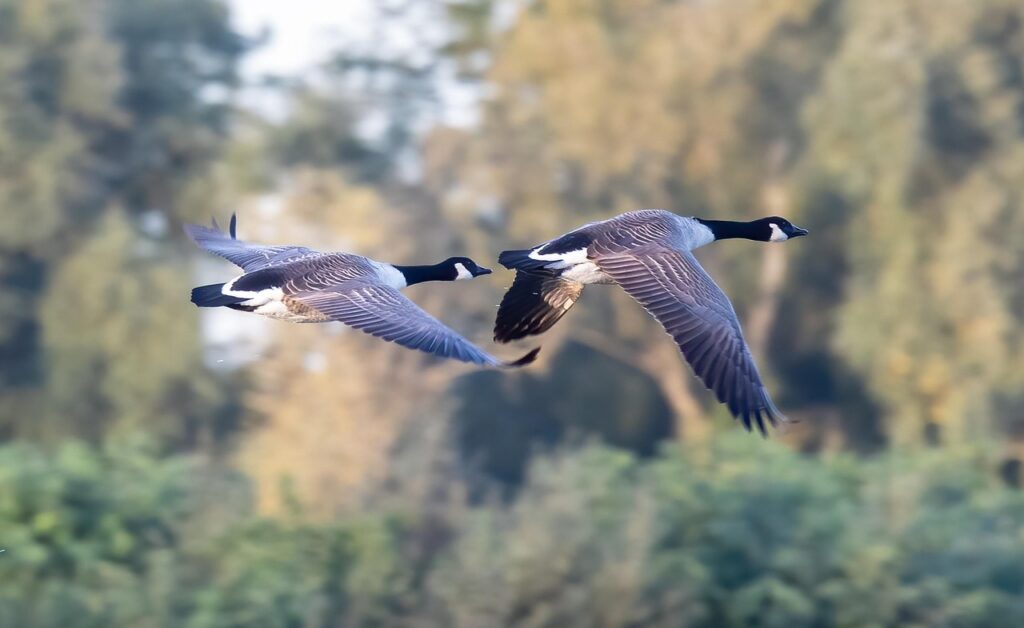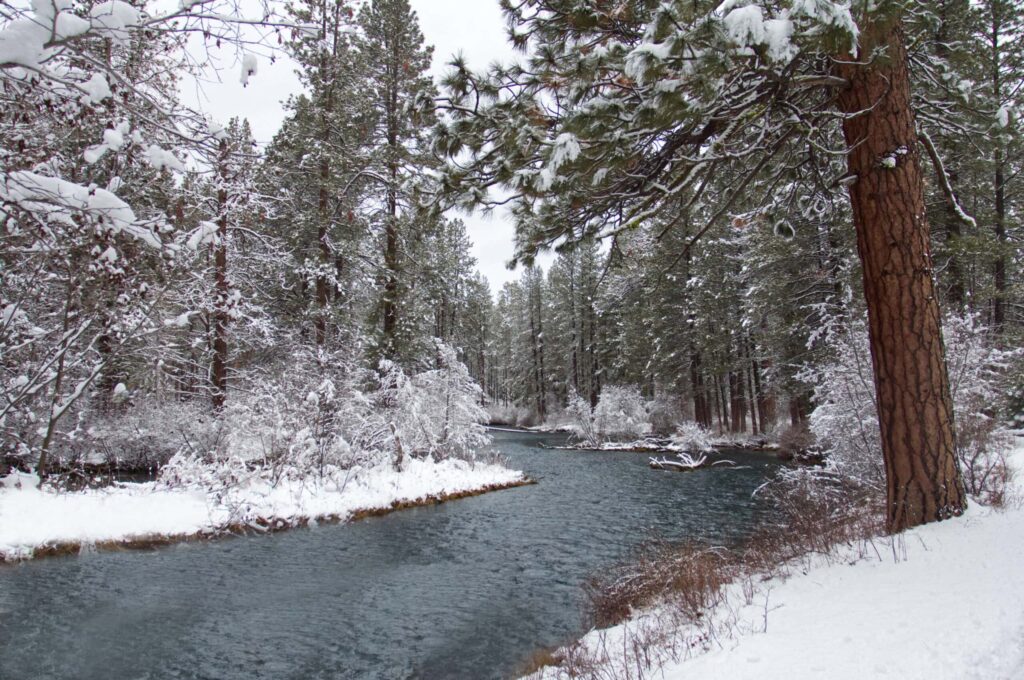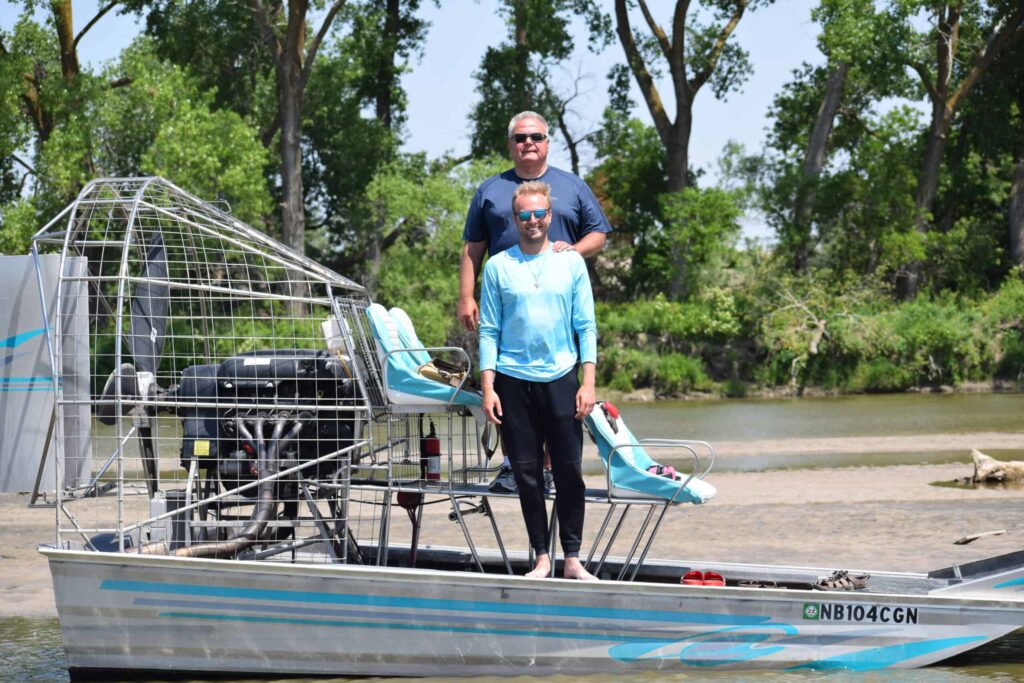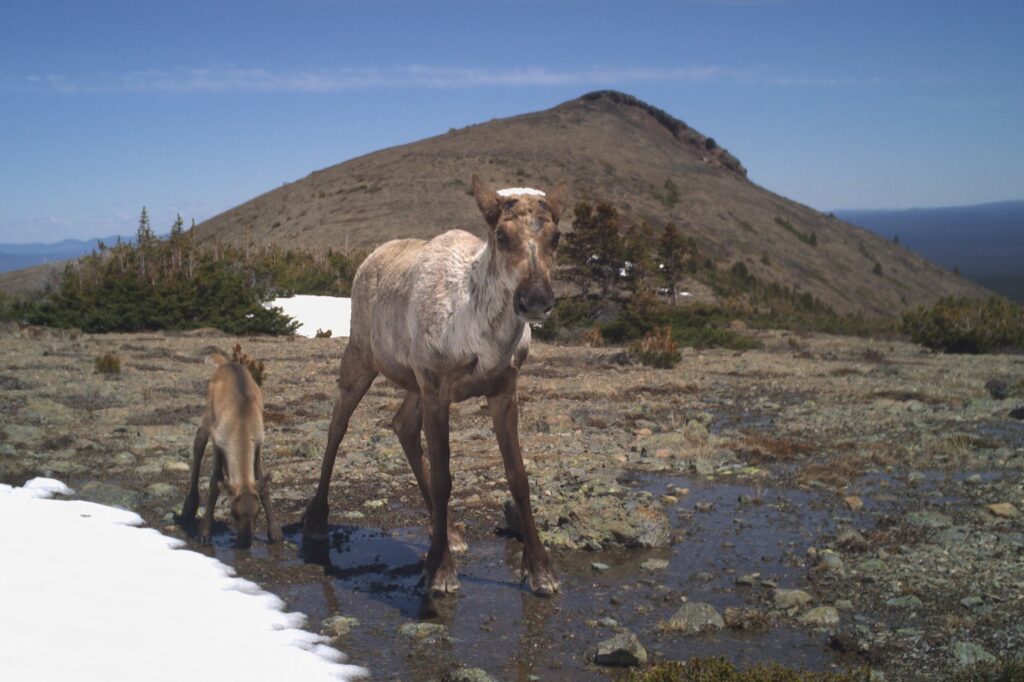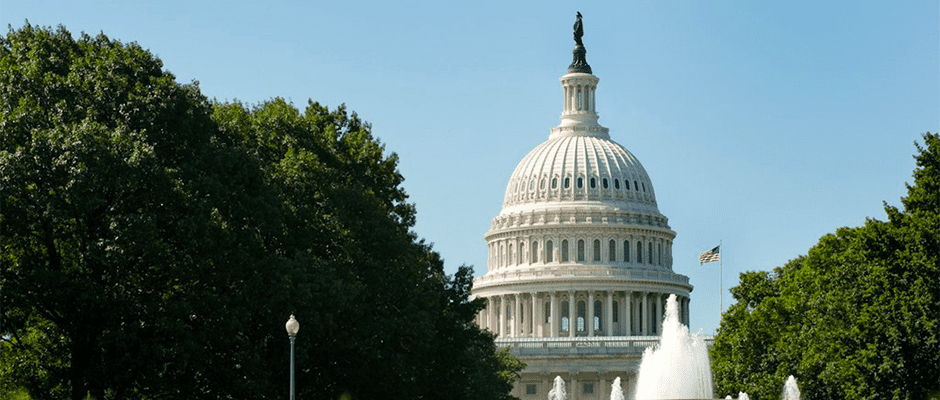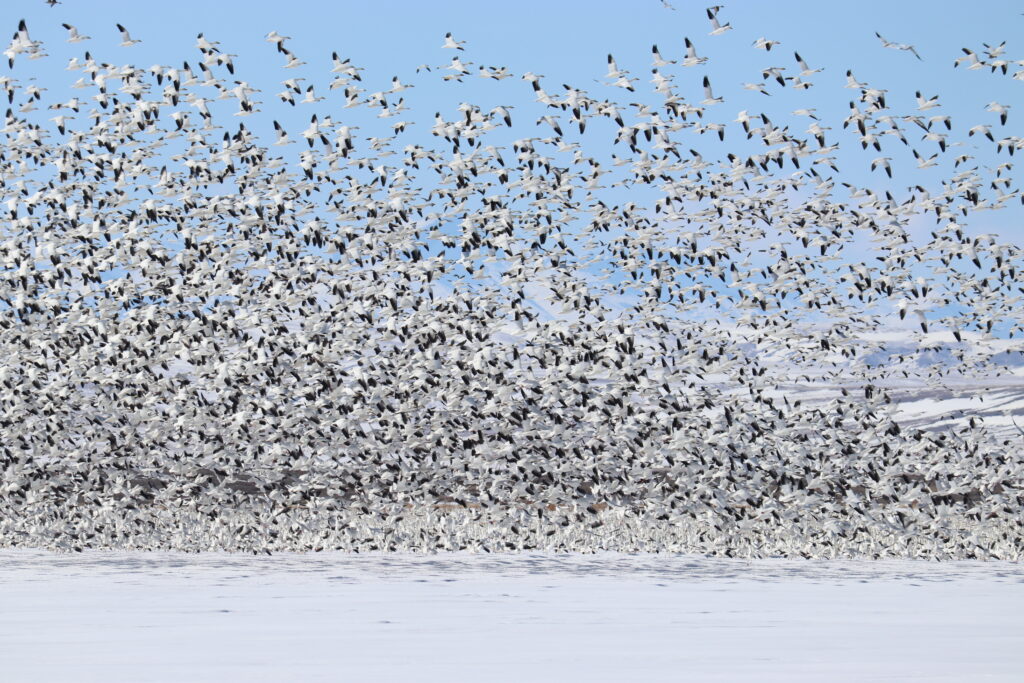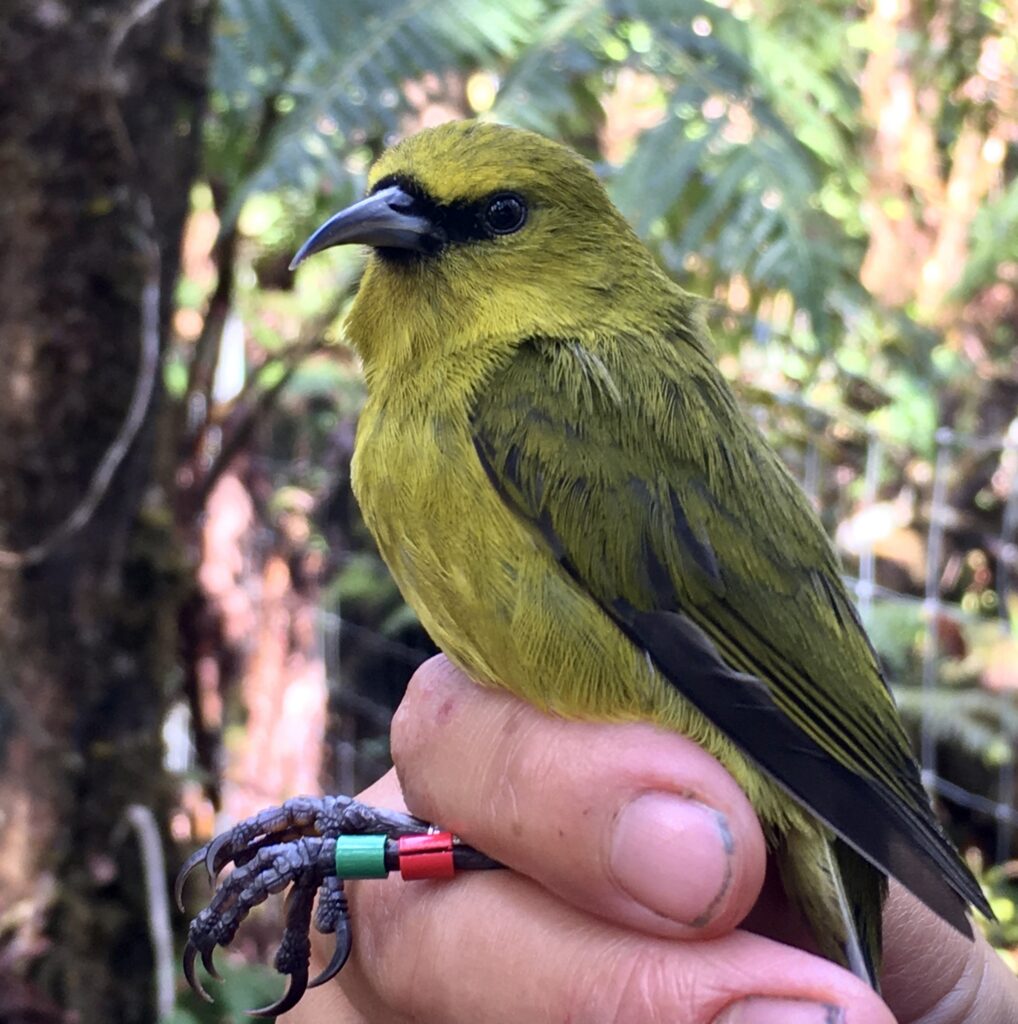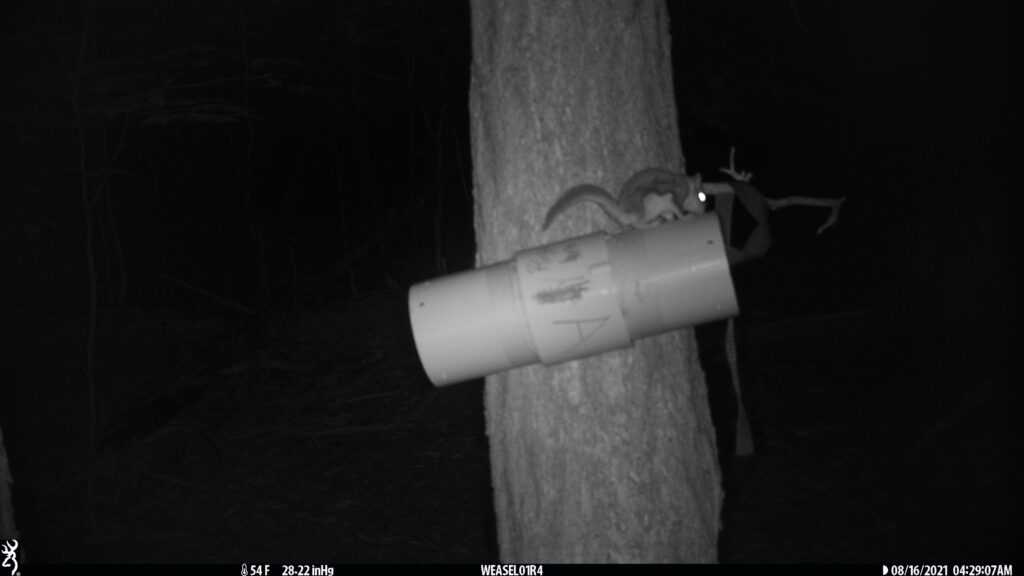Agriculture Secretary Sonny Perdue testified before a Senate subcommittee as part of the fiscal year 2019 budget process.
His appearance before the Senate Appropriations Subcommittee on Agriculture, Rural Development, Food and Drug Administration and Related Agencies was a step in the federal appropriations process, which began with the president’s budget proposal in February.
The Wildlife Society also submitted testimony concerning appropriations to key wildlife programs. TWS highlighted funding needs for USDA conservation programming within the Animal and Plant Health Inspection Service (APHIS), the National Institute of Food and Agriculture (NIFA) and the Natural Resources Conservation Service (NRCS).
The White House budget proposal for FY19 outlined major cuts for wildlife and conservation programs within the USDA.
Perdue briefly mentioned conservation programs orally and addressed them further in his written testimony. Many of the questions Senators posed in the April 11 hearing were related to crop insurance, trade deals and subsidies.
The budget request, Perdue wrote, “includes proposals to streamline Federal conservation efforts to focus on programs that protect environmentally sensitive land and increase conservation practice implementation.”
He commended Congress for its efforts to curb wildfire borrowing through the 2018 Consolidated Appropriations Act last month, saying “it will enable us to improve overall forest health and keep wildfires from threatening lives, homes, and communities.”
In his written testimony, Perdue described the budget request as being focused “on core mission-critical activities, such as expansion of agricultural production jobs and research, while also supporting the Department-wide reorganization efforts.”
The request “provides the resources necessary to ensure USDA programs are delivered efficiently, effectively, and with integrity and a focus on customer service,” he wrote.
TWS’ testimony urged slight increases in funding for APHIS Wildlife Services’ wildlife damage management program and its methods development program. Both programs help deliver successful projects, TWS wrote, “by first undertaking a careful assessment of the problem, including effects on people, the community, and other wildlife species.”
Within the National Institute of Food and Agriculture, TWS suggested modest funding increases for programs under the Renewable Resources Extension Act and the McIntire-Stennis Cooperative Forestry Program. The programs promote research to determine best-management practices for public and private lands, notably at public, land grant research institutions.
TWS also recommended that Congress increase funding for the Natural Resources Conservation Service from its current (FY18) $874 million to $891 million to account for increased pressure on rural farmlands from urban sprawl, biofuel production and other altered land-use patterns. NRCS is the primary federal agency that works with private landowners to help them conserve, maintain and improve their natural resources, including soil, water, air, plants, fish and wildlife.
For more information on the federal budget process and how you can get involved, refer to the Policy Toolkit, provided by The Wildlife Society in support of the Conservation Affairs Network.
Article by Charlie Booher
